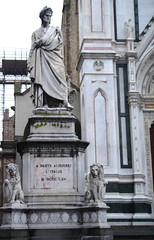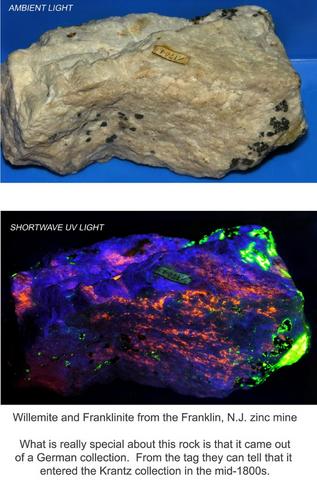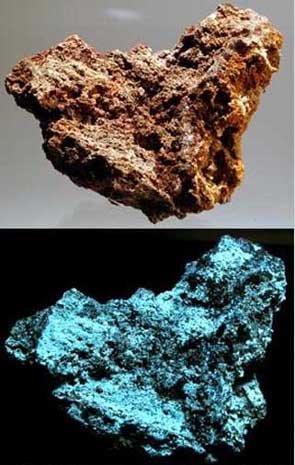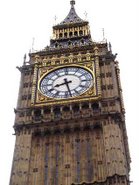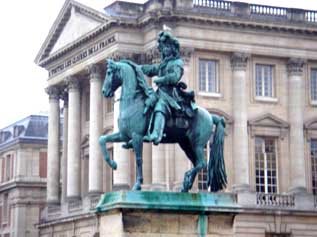Geezer Economics - or - How The Republicans Bankrupted America
-
Seventy percent of the enormous national debt was generated by the Bush dynasty and Ronald Reagan. I guess it is no wonder that in one of the world's richest countries there are 50 million people who do not have health insurance, and thus do not have access to the health insurance system.
-
Alan Greenspan is one of the most respected people in the field of economics. His recent book is so open and honest and intellectually rigorous that I have copied a review of it below. This is important stuff.
-
Link: http://www.theage.com.au/news/business/greenspans-memoirs-clinton-saved-bush-spent/2007/09/17/1189881433621.html
-
-
-
FORMER US president Bill Clinton emerges as the political hero in the memoirs of one of America's most powerful and influential economists of the past two decades, Alan Greenspan.
-
Greenspan, who served as Federal Reserve chairman for 18 years, praises Clinton's mind and his tough anti-deficit policies, calling the former president's 1993 economic plan "an act of political courage".
-
But in his new book, The Age of Turbulence: Adventures in a New World, he levels unusually harsh criticism at President George Bush and the Republican Party, arguing that Bush abandoned the central conservative principle of fiscal restraint.
-
"My biggest frustration remained the President's unwillingness to wield his veto against out-of-control spending," Greenspan writes. "To my mind, Bush's collaborate-don't-confront approach was a major mistake."
-
Greenspan accuses the Republicans, who held the majority in the US House of Representatives until last year, of being too eager to tolerate excessive federal spending in exchange for political opportunity. The Republicans, he says, deserved to lose control of Congress.
-
But he adds later: "I don't think the Democrats won. It was the Republicans who lost. The Democrats came to power in the Congress because they were the only party left standing."
-
Greenspan, 81, indirectly criticises his friend and colleague from the Ford administration, Vice-President Dick Cheney. Former Bush Treasury secretary Paul O'Neill has quoted Cheney as once saying "Reagan proved deficits don't matter".
-
Greenspan says, "'Deficits don't matter', to my chagrin, became part of the Republicans' rhetoric." He argues that "deficits must matter" and that uncontrolled government spending and borrowing can produce high inflation "and economic devastation".
-
When Bush and Cheney won the 2000 election, Greenspan writes: "I thought we had a golden opportunity to advance the ideals of effective, fiscally conservative government and free markets … I was soon to see my old friends veer off to unexpected directions."
-
"Little value was placed on rigorous economic policy debate or the weighing of long-term consequences." The large federal budget surpluses that were the basis for Bush's initial $US1.35 trillion tax cut "were gone six to nine months after George W. Bush took office."
-
By the end of last year, Greenspan writes with some bitterness, governance
had "become dangerously dysfunctional".
-
-
-
